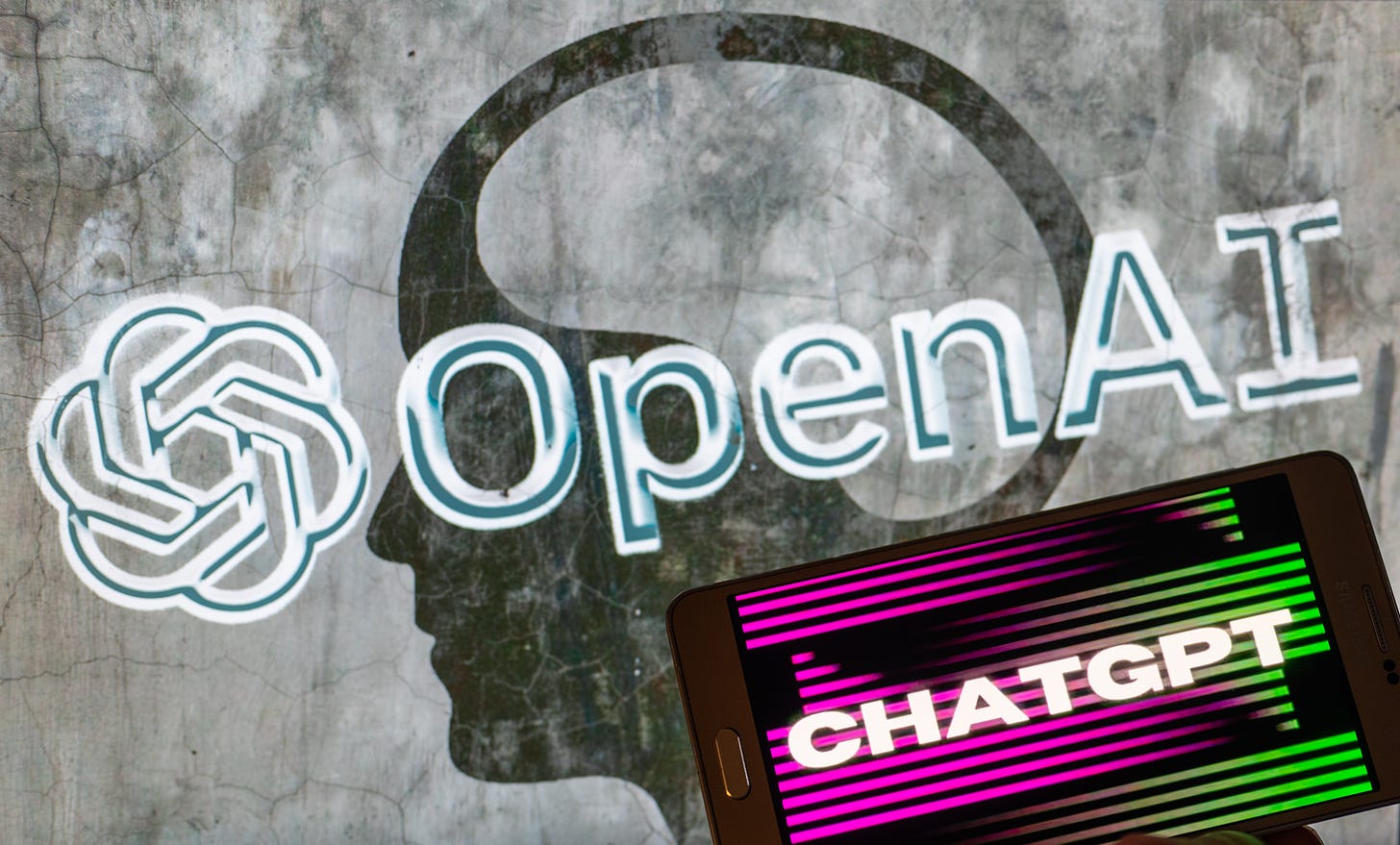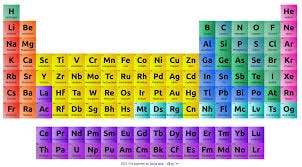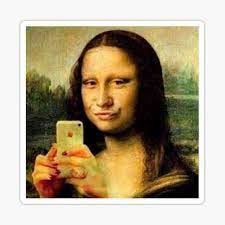This Column Was Guest-Written by ChatGPT
Revolutionary advances in artificial intelligence have Luddites and entrenched interests panicking about the apocalyptic future. Phooey.
With the sudden availability of ChatGPT and other applications, the haters have emerged like worms after a summer rain to warn about the dystopian inevitability of a world mediated by AI. To them, as robots scrape the internet for an incomprehensibly vast collection of facts and phrases, we are doomed to a flood of misinformation, inaccuracy, plagiarism and catastrophic job displacement in journalism, search, insurance, the arts, education and “creative” fields of all kinds. To demonstrate how reactionary these fears are, we offer this week’s column, authored entirely by a machine. That’s right. I drank coffee and stretched my weary joints for 60 seconds while software generated the following masterpiece.
It was the best of times. It was the worst of times.
The Year of the Rabbit, 2023, has barely commenced, yet transformation is in the air, changing our way of life from bed, bath and beyond. In the mere first 30 days of Planet Earth’s latest spin around the sun, we have seen so much:
The San Francisco 49ers have definitively proven the 4-quarterback strategy is not a guarantee of an NFL championship.
A Mexican supermarket cashier named Alejandra Silva has been revealed to miraculously resemble both singing-while-hot sensation Dua Lipa and Hailey Bieber, wife of well-known Canadian Justin Trudeau.
Something about Hunter Biden.
Four score and seven years ago, our Father who art in heaven and a partridge in a pear tree.
The crimes of Anthony Fauci to have conspired with the Land of Cathay in so-called “gain-of-function” research to produce the deadly Covid virus with the purpose of enslaving mankind and cornering the N-95 market. Dr. Fauci has retired, to spend more time with his henchmen.
And the emergence of artificial intelligence as a readily accessible app called ChatGPT.
All of this, coming so quickly — everything everywhere all at once. But we as a society are accustomed to change. When the Industrial Revolution obsoleted the humble cobbler, tears were shed, but with little thought as to the opportunities for Vietnamese children to earn $1 a day making sneakers with their tiny little hands. The Gilded Age of the late 19th century was characterized by an unconscionable disparity in wealth between the Robber Barons and the benighted laborers who enriched them. In the ensuing 130 years, we have developed a global economy, Powerball and pizzadillas. I have graphed these developments in a visualization of my own composition:
The AI revolution will be an obvious boon to industry, whose inefficient reliance on tiresome humans — larded with obsolete dependence on talent, expertise, judgment, ethics, observation and insight — will be supplanted (or at least augmented) with machine learning that doesn’t get all caught up in “downstream consequences” or leave early to pick up the kids at daycare. AI will remove emotion, heuristics and “genius” from decision-making and the process of creation itself. How will this affect the Family of Man? Here is how I would phrase the situation:
Happy families are all alike; every unhappy family is unhappy in its own way.
And you can tell ’em I said so. On the other hand, we must after all give some consideration to the collateral damage of technological disruption. We might ask, where are the tollbooth operators of yesteryear? Where are the automobile assemblers, the typesetters, the numbers runners, the blacksmiths, the service station attendants*, the bookkeepers, the swordsmen, the department stores, the ice men, the horse thieves, the lobotomists of days gone by? The answer is they have retrained, by the millions upon millions, and are all gainfully employed as Walmart greeters.
As for the question of what constitutes creation itself in a world that can spawn extraordinary works of art and design in a matter of seconds, let me just say that this is the dawn of a new dimension. What til now has been dismissed as derivativeness, or theft of intellectual property or mere repurposing of the existing mega archive of human creativity will now be seen as exponentially expanding the harvest of invention. For example, I have invented a two-part exercise. First, I fed some prompts to ChatGPT to compose a song. The words were “female, enigmatic, nickname, melancholy, physiognomy.” Here are the lyrics the app instantaneously delivered:
Mona Lisa, Mona Lisa, men have named you
You’re so like the lady with the mystic smile
Is it only ’cause you’re lonely they have blamed you?
For that Mona Lisa strangeness in your smile?
OK, nothing too earthshaking (In-A-Gadda-Da-Vida, it ain’t). But then I entered the lyrics as prompts for a painting. In seconds it returned a whole portfolio of staggering originality:
Well, call me Ishmael! Let mere “artists” try that.
In conclusion, let me offer the stirring moral of this story: It takes three great candies to beat candy hunger, and Milky Way’s got all three.
* [Answer: New Jersey]








What I want to know is does this mean I can produce twice the amount of work in half the time without management noticing? If yes, then hell yeah!
My only concerns regarding the AI generators have to do with Rule 34. I have already seen too many AI generated images of young girls in sexualized poses, clad in transparent lingerie, looking at the viewer with less than innocent gazes. It's the sort of stuff Thailand sex tour promoters could use as templates. I'm not using the G word, but, yeah.